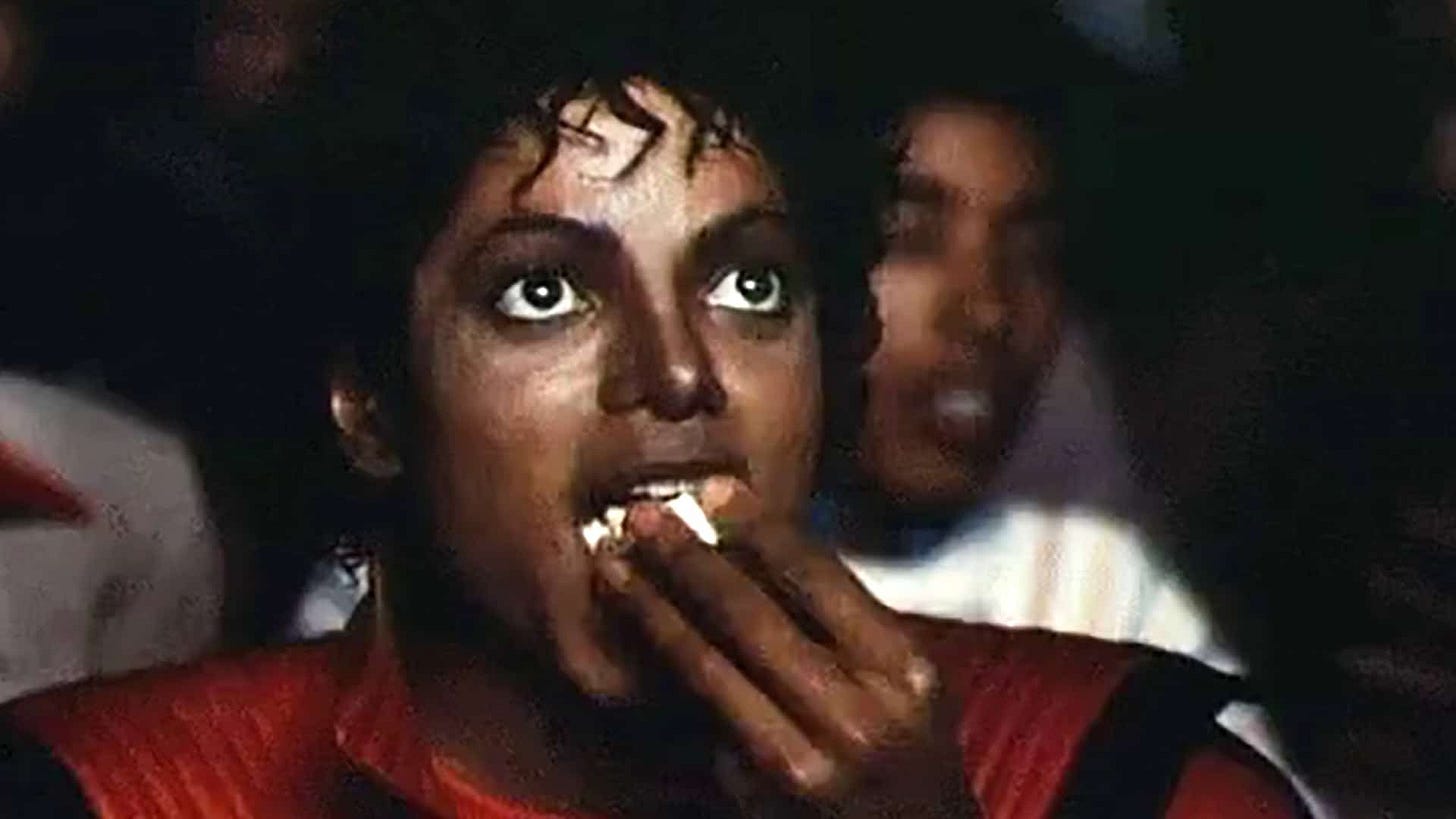I can’t be the only one following the Great Twitter Implosion of 2022, right? And I certainly not the only one who’s watching it all happen with a certain amount of…delight?
There’s nothing I love more than a billionaire’s life going up in flames, except for maaaaybe when it’s going up in flames because of simple, uncomplicated hubris.
Like…I have no love for Jack Dorsey or the scourge-y part of Twitter (I don’t feel the need to go into how Twitter has been an unusual democratizing platform for the global south and other disenfranchised voices; there are much better articles on that out there, and I encourage you to read them). And despite this non-love for Jack and his creation, I also respect that running an enormous machine like Twitter takes more than a fair amount of skill. Same goes for M*rk Z*ckerberg, J*ff B*zos, and all their ilk. As someone who still struggles with syncing their Google calendars and gets sweaty palms when asked “What’s your rate?”, I can appreciate that these men are not idiots. (Just soulless loons with so much money that it’s given them a mental illness.)
So when a mega-loon with no knowledge of tech, social media, or running a business therein is like “I’m sure this can’t be that hard, lemme just fire almost everyone and charge the customers $8 a month to use it and banish anyone who makes fun of me or anything I like”…. It’s gold. It just doesn’t get better than that. Because anyone—and I do mean anyone—could have predicted that these changes would be very, very poorly.
All that being said….
There are people who are living their personal hell right now. Laid off in the dead of night. Banished from their primary mode of contact with the rest of the world. Going to extremes to protect their anonymity while trying to blow the whistle. Successfully blowing the whistle only for no one to hear it in the cacophony. Jerks like me reveling in the chaos.
It’s not a nice time to be involved with Twitter in any way, and it’s not a laughing matter.
As I think about all this, I’m of course thinking about the play that might come out of it. Someone should write a play about what’s happening at Twitter right now. Maybe it’s a farce, maybe it’s fiction, or maybe it’s a docudrama. I think all of those could exist simultaneously. There’s something in there not just about the workplace chaos of it all, but also—given Twitter’s universal pervasiveness, the way it’s baked into our political and personal lives—how its meltdown is and is going to change the way people exist on Planet Earth.
Just…whoever writes this play, make sure it’s at least 10% funny. Otherwise this might be the most upsetting play of all time.
Should we be thinking about apps…?
I’m still thinking about that informal, small-sample theater poll I put on Instagram. Of course I am.
One of the questions was “How do you find out about things for your social calendar?”, and I was surprised (genuinely!) to learn that it was split between Instagram and good ol’ word of mouth.
Word of mouth is what it is.
…or is it?

Is there a way we could digitize this? As in (yes, I’m sorry) an app? It would be interesting to study what makes something (a play, a movie, an album, a show on Netflix) remarkable enough to consumers that they will mention it to their friends. I would also love to know if people are more likely to check something out if it’s recommended to them in person, or via text message.
The thing about word of mouth is that it’s sort of ephemeral. You can’t really track it the way you can track digital correspondence. (For the record: I am not at all literate in this area!!! I’m speaking completely from personal experience and observation!!! Beware!!!) But could we (see?? Like who is “we”??) build something that mimics this phenomenon, just for the theater space?
I’d be willing to bet that there’s something to be said about “buzz”, and I’d double down to say that there’s probably some consumer skepticism/cynicism about ads in places where we know they had to be purchased. What I mean is: I bet that when we see ads for a show on a bus stop, on a marquee, in a banner ad, on Facebook, or in a mailing (including email), we’re more likely to think “Sure, but their marketing department purchased this ad space so that I’d see it.” But if we hear about it organically—or even in a way that feels organic—we’re more likely to take note.
Can this ecosystem be built online in a sustainable, scalable way….?
Something to think about. (And write to me about, if you are also thinking about this kind of thing!)




